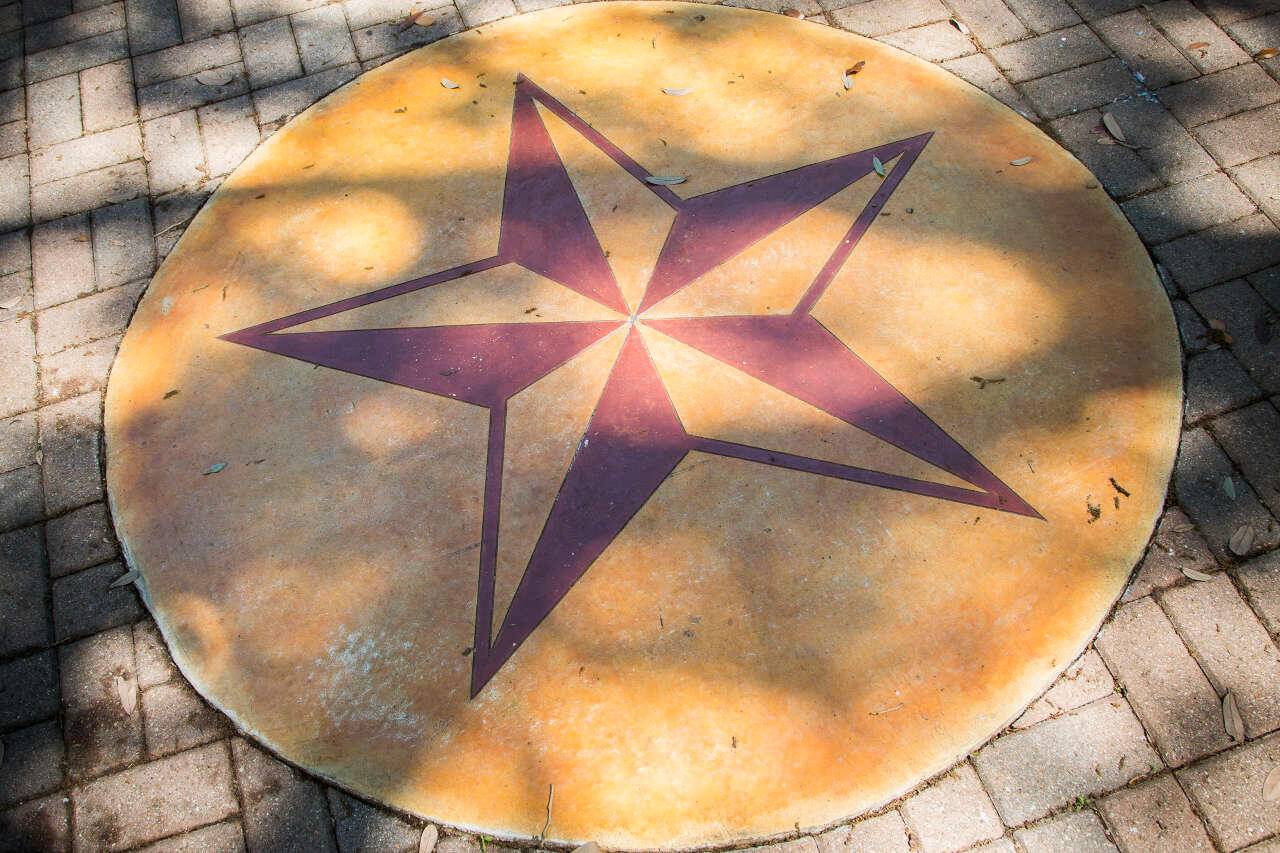Academic Integrity
The Academic Integrity Initiative
The Academic Integrity Initiative is a student-led, faculty-supported program that works closely with the Honor Code Council, the Office of the Provost and Vice President for Academic Affairs, college deans, academic departments, Student Government (SG), and university administration to:
- Create a culture of academic integrity on campus
- Reduce student cheating
- Inform students about allegations of Honor Code violations and processes to address allegations
- Support faculty in detecting and reporting dishonesty
Academic Integrity is the bedrock of education
WE ARE BOBCATS: We Are Academically Successful
We go to class
We are prepared
We follow the Honor Code
As a Bobcat, you share responsibility for academic integrity
The Texas State University academic community constructs new knowledge and invents solutions to the world's problems, and society trusts that we do this in morally responsible ways with the utmost transparency, fairness, and responsibility.
Without integrity, we fail to meet those expectations, the reputation of Texas State is threatened, and the value of your degree is diminished.
You are responsible for:
- Completing your academic assignments according to the expectations of each individual instructor
- Learning and demonstrating your individual level of competence through each assignment so the instructor can evaluate and certify your knowledge and abilities
- Ensuring that you're honest, transparent, and accountable in all your student activities
Texas State University Honor Code
As members of a community dedicated to learning, inquiry, and creation, the students, faculty, and administration of our university live by the principles in this Honor Code. These principles require all members of this community to be conscientious, respectful, and honest.
-
We Are Conscientious.
We complete our work on time and make every effort to do it right. We come to class and meetings prepared and are willing to demonstrate it. We hold ourselves to doing what is required, embrace rigor, and shun mediocrity, special requests, and excuses.
-
We Are Respectful.
We act civilly toward one another and we cooperate with each other. We will strive to create an environment in which people respect and listen to one another, speaking when appropriate, and permitting other people to participate and express their views.
-
We Are Honest.
We do our own work and are honest with one another in all matters. We understand how various acts of dishonesty, like plagiarizing, falsifying data, and giving or receiving assistance to which one is not entitled, conflict as much with academic achievement as with the values of honesty and integrity.
-
The Pledge for Students
Students at our university recognize that, to ensure honest conduct, more is needed than an expectation of academic honesty, and we therefore adopt the practice of affixing the following pledge of honesty to the work we submit for evaluation:
I pledge to uphold the principles of honesty and responsibility at our university.
-
The Pledge for Faculty and Administration
Faculty at our university recognize that the students have rights when accused of academic dishonesty and will inform the accused of their rights of appeal laid out in the student handbook and inform them of the process that will take place. The statement is as follows:
I recognize students’ rights and pledge to uphold the principles of honesty and responsibility at our university.
-
Addressing Acts of Dishonesty
Students accused of dishonest conduct may have their cases heard by the faculty member. The student may also appeal the faculty member’s decision to the Honor Code Council. Students and faculty will have the option of having an advocate present to ensure their rights. Possible actions that may be taken range from exoneration to expulsion.
